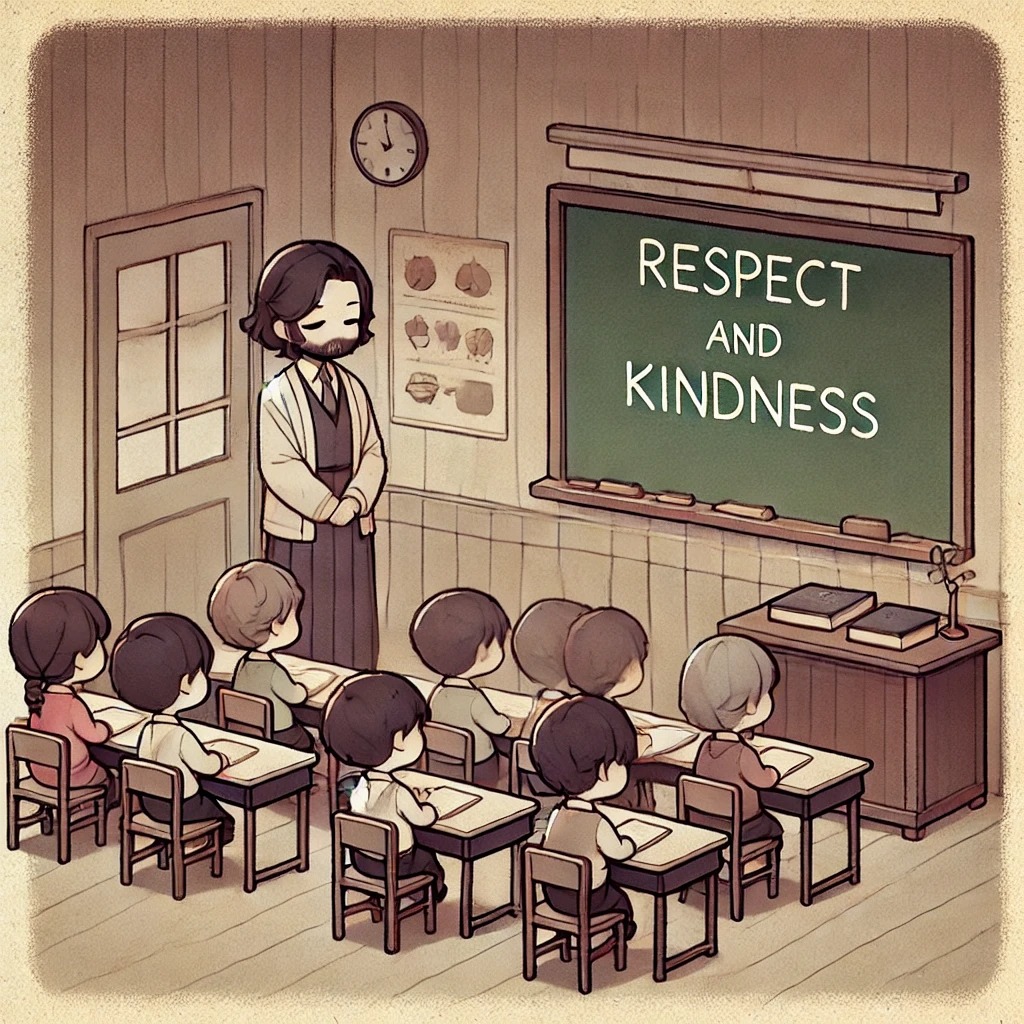
Japanese Religious Views: “Probably Buddhist?”
Have you ever considered which religion you belong to? In Japan, many people might answer, “Probably Buddhist,” but this response often stems more from cultural habits than actual religious faith.
For instance, memories of a Buddhist-like funeral from childhood or the lack of religious teachings from parents might shape this assumption. In reality, many parents themselves may not have a deep understanding of religion. For most Japanese people, religion is not something they consciously think about daily but rather an integral part of culture and tradition.
Events like New Year’s shrine visits (Hatsumode) or festivals are prime examples of religious customs embedded in everyday life. Most people participate without much thought, simply because it feels “Buddhist” or “Shinto,” rather than being driven by genuine religious devotion.
Non-Religious Japanese People and Religion Abroad
In contrast, religion plays a much larger role in daily life for people in many other countries. Religion often forms part of one’s identity, and it’s not uncommon for new acquaintances to ask, “What religion do you follow?” Understanding someone’s religion can provide insights into their culture and values.
For example, Christianity and Islam often influence daily practices, such as praying before meals or attending services on specific days. In societies where religion shapes moral principles and social customs, the concept of being “non-religious” may be difficult to comprehend.
Many Japanese people might identify as “non-religious,” saying things like, “I’m probably Buddhist, but I’m not really interested,” or questioning the very idea of organized religion. However, when Japanese people express this abroad, it might lead to surprise or miscommunication. In countries where religion is deeply intertwined with moral values, saying you’re non-religious could be misunderstood as lacking morality altogether.
To bridge this cultural gap, Japanese people explaining their “non-religious” stance might need to include context about Japan’s unique relationship with religion and morality.

Non-Religious = No Morality? A Common Misconception Abroad
In many cultures, religion is the foundation for morality, guiding actions and ethical choices. For example, practices like expressing gratitude before meals or showing respect for nature often have religious roots. As a result, “non-religious” might be interpreted as “lacking moral values.”
However, being non-religious in Japan doesn’t equate to a lack of morality. Moral education is an integral part of Japanese schooling, teaching children social rules and empathy. This allows high moral standards to flourish independently of religion.
For example, Japan’s emphasis on not inconveniencing others is deeply ingrained in daily life. Behaviors such as keeping quiet on public transport or taking trash home exemplify moral conduct rooted in societal norms rather than religious teachings. These practices reflect a broader sense of responsibility and respect for others, hallmarks of Japan’s moral framework.
Japan’s strong moral culture is also evident during disasters, where orderly and cooperative behavior often garners international admiration. These actions are not dictated by religion but by a deep cultural sense of duty and empathy.
Why Japanese Morality Is Respected Worldwide
How does a society with low religious adherence maintain such high moral standards? The answer lies in Japan’s cultural and educational values that prioritize harmony and mutual respect.
For instance, Japanese athletes like Shohei Ohtani have been praised globally for their humility and respect. After matches, the Japanese national soccer team’s tradition of cleaning locker rooms is another example of behavior driven by cultural pride and discipline rather than religious doctrine.
Japan’s emphasis on politeness and consideration for others is shaped by family upbringing and moral education. From moral lessons in schools to community support systems, these elements build a strong ethical foundation independent of religious influence.

Values Japan Can Be Proud of Despite Being Non-Religious
Although many Japanese people identify as non-religious, their strong sense of morality is a defining national characteristic. Traditions like Obon or New Year celebrations show a commitment to meaningful rituals, even without deep religious connotations. These events foster family bonds and community connections, reflecting a unique approach to spirituality.
Passing down these values to future generations is essential. Highlighting Japan’s ability to nurture high moral standards without relying on religion is a point of cultural pride that deserves international recognition. In an increasingly interconnected world, explaining how Japanese morality and culture function without traditional religious frameworks can foster better understanding and appreciation.

Conclusion
While Japan may have a low level of religious adherence, it boasts a society rich in moral values and social harmony. From education to community practices, Japan has cultivated an ethical system that transcends religious boundaries.
This unique blend of cultural tradition and moral education not only defines Japan but also provides a model for how morality can thrive outside the realm of organized religion. By continuing to celebrate and share these values, Japan can inspire understanding and mutual respect on a global scale.



